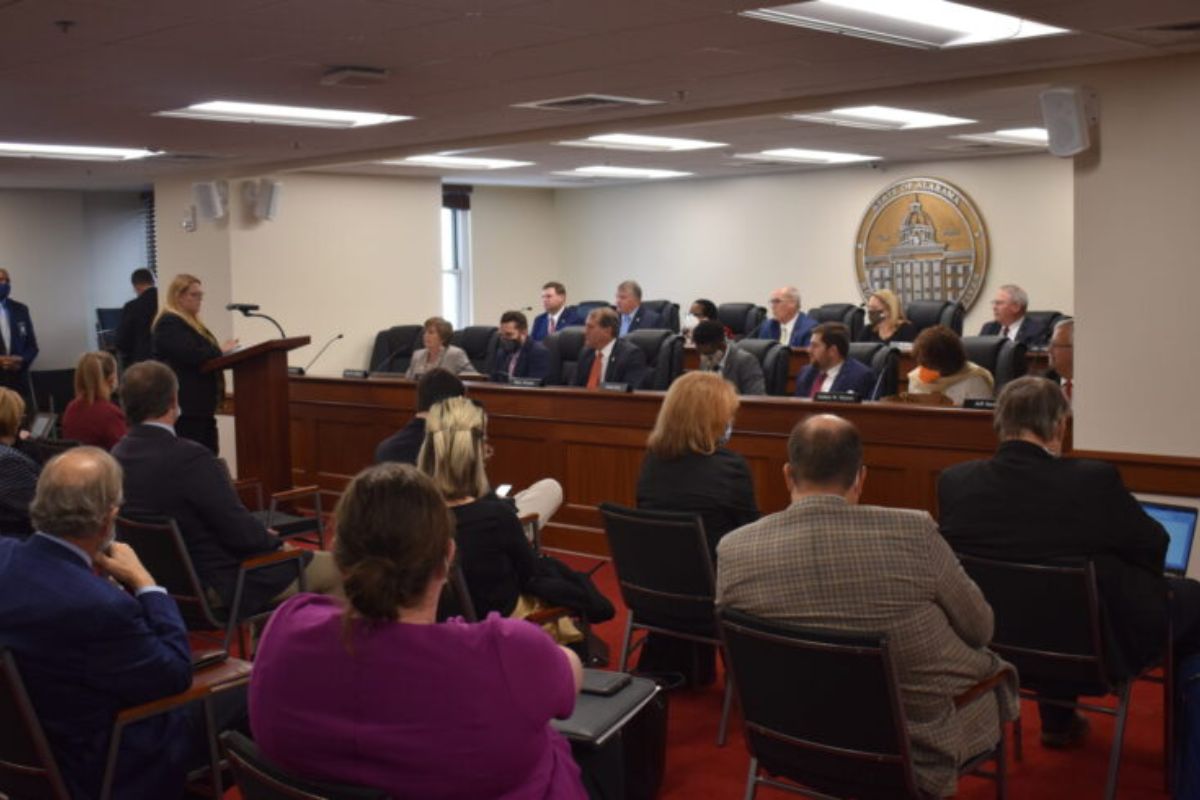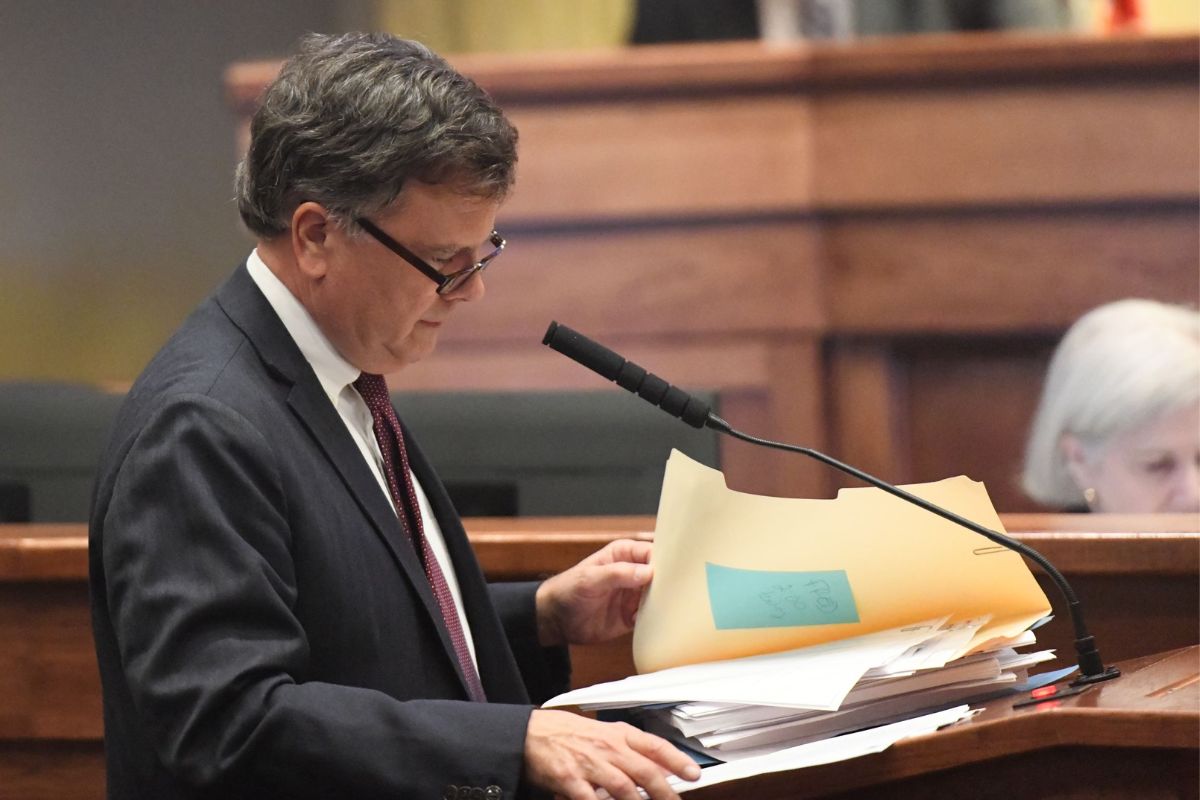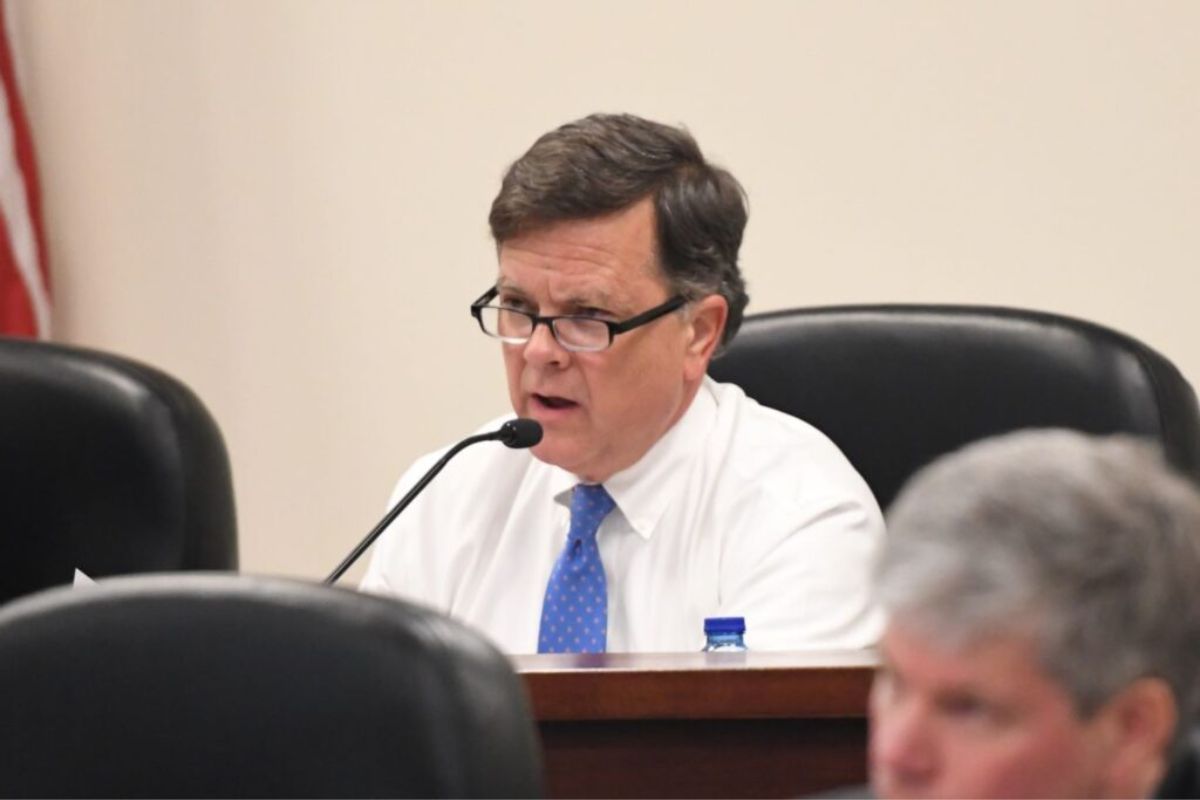Alabama Senate Bill Eases Religious Exemptions: Alabama Senate Bill 246, introduced by Senator Arthur Orr, aims to streamline religious exemptions for school vaccines. It removes the need for detailed religious belief explanations, focusing on individual freedoms and reducing governmental involvement.
Medical associations express concerns regarding public health impacts and declining vaccination rates, emphasizing the importance of maintaining high vaccination rates for disease prevention. Historical trends show a decline in MMR vaccinations in Alabama, raising worries about potential outbreaks. The legislation’s intent is to safeguard parental rights while respecting diverse beliefs, impacting vaccination policies and disease prevalence. Further details explore the potential implications on public health and personal convictions.
Proposed Legislation to Ease Religious Exemptions for School Vaccination Requirements
Alabama proposing legislation that aims to streamline the process of obtaining religious exemptions from school vaccination requirements. The bill seeks to simplify the current procedure by removing the necessity for parents or guardians to provide detailed explanations for their religious beliefs or seek approval from local education boards.
Sen. Orr’s emphasis on individual religious freedoms underscores the intent to reduce governmental involvement in vaccination decision-making processes. If passed, SB 246 would mark a significant shift in Alabama’s approach to religious exemptions, potentially making it easier for individuals to opt-out of vaccination requirements based on their religious beliefs.
This proposed legislation raises questions about the balance between personal freedoms and public health concerns, as it could impact vaccination rates within schools. Understanding the implications of such a bill is essential for policymakers and the public alike as they navigate the complexities of vaccine mandates and individual rights.
Concerns and Response from Medical Associations
In light of the proposed legislation easing religious exemptions for school vaccines in Alabama, concerns have been raised by medical associations regarding the potential impact on public health. Mark Jackson, Executive Director of the Medical Association of the State of Alabama, highlighted worries about the essential number of exemptions.
While not taking a stance on Orr’s bill, Jackson emphasized the potential consequences of declining vaccination rates on public health. Data from the CDC indicating a decrease in measles, mumps, and rubella (MMR) vaccination rates in Alabama have sparked fears about herd immunity and the possibility of disease outbreaks.
The Medical Association of the State of Alabama’s concerns stem from the vital role vaccines play in preventing the spread of infectious diseases within communities. The association’s focus on public health underscores the importance of maintaining high vaccination rates to safeguard the well-being of the population against potentially harmful outbreaks.

ALSO READ: New Alabama Bill Targets Aid for Minors Seeking Abortion
Public Health Implications and Historical Context
Against the backdrop of concerns raised by medical associations and state health officials regarding declining vaccination rates, exploring the public health implications and historical context becomes imperative in understanding the potential ramifications of easing religious exemptions for school vaccines in Alabama. Dr. Scott Harris, the State Health Officer for the Alabama Department of Public Health (ADPH), has warned about the risks of measles outbreaks due to decreasing vaccination rates.
The ADPH spokesperson, Rob Green, stressed the importance of maintaining high vaccination rates to prevent disease transmission, particularly emphasizing the dangers of measles. National trends reflecting a decline in MMR vaccination rates among kindergarten students have ignited worries about public health preparedness and disease prevention efforts.
Historically, vaccines have played a critical role in eradicating or reducing the burden of various infectious diseases. Understanding the historical successes of vaccination programs underscores the importance of upholding high vaccination rates to safeguard public health and prevent the resurgence of vaccine-preventable diseases.
Legislative Intent and Potential Impact
What implications does the proposed legislation easing religious exemptions for school vaccines in Alabama have on vaccination policies and parental rights?
Senator Orr‘s emphasis on streamlining the religious exemption process while safeguarding parental rights reflects a delicate balance between public health interests and individual freedoms. By asserting that government should not obstruct parental autonomy in vaccination decisions, Orr highlights the importance of respecting diverse beliefs.
Despite the absence of denied religious exemptions at county health departments, the proposed legislation could bring about significant changes in vaccination policies and parental rights concerning religious exemptions within Alabama schools. If enacted, this legislation may impact the overall vaccination rates in schools, potentially influencing herd immunity levels and the prevalence of vaccine-preventable diseases.
The legislative intent behind easing religious exemptions seeks to navigate the complex intersection of public health mandates and personal convictions, raising questions about the potential consequences on community immunity and individual liberties.

News in Brief
The proposed Alabama Senate bill aims to ease religious exemptions for school vaccine requirements, sparking concerns from medical associations regarding public health implications.
The legislative intent and potential impact of this bill on vaccination rates and disease outbreaks remain to be seen, with historical context providing insight into the importance of vaccination in preventing communicable diseases.
It is vital for policymakers to carefully consider the balance between religious freedoms and public health in this ongoing debate.

